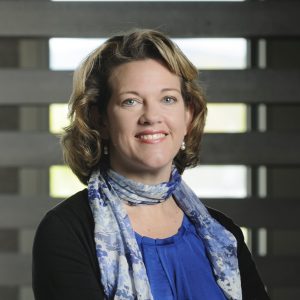*** Full programme and book of abstracts now available. ***
Keynotes and invited symposia
Our keynote presentations will focus on the different contextual factors that can make learning a success: parents, teachers, and characteristics of the classroom, school context, and educational system. They will be followed by three focused invited symposia, in which different aspects of these contextual factors will be further discussed.
Context 1: parents and home environment
Keynote speaker: Janet Goodall
Title: Parental engagement in learning: What we know, what we misunderstand, and what we need to know

Janet Goodall (EdD) is professor in the Department of Education and Childhood Studies, at Swansea University. Her main area of research is family and parental engagement in young people’s learning. She has researched, written and lectured widely on this topic, working with schools, families, local authorities and charitable bodies in the UK and further afield.
Her keynote will examine the research base around parental engagement in learning. It will also problematise both the research base and practice in the area, and set out discussion points for future research.
Invited symposium: Sara Nijs (KU Leuven)
Title: The need for parental involvement in realizing inclusive education: from start till finish.
Context 2: Teacher and classroom factors
Keynote speaker: Megan McClelland
Title: Promoting executive function skills in young children through classroom interventions

Dr. Megan McClelland is the Katherine E. Smith Professor of Healthy Children and Families at Oregon State University (OSU), USA, where she serves as Endowed Director at the Hallie E. Ford Center for Healthy Children and Families. Her research focuses on optimizing children’s development, especially as it relates to children’s executive function, self-regulation, and school success. Her recent work has examined links between executive function and long-term outcomes from early childhood to adulthood, advances in measuring executive function, and intervention efforts to improve these skills in young children.
Her talk will provide current research about the importance of children’s executive function and self-regulation for school readiness and success. It will focus on the malleability of executive function and the evidence base for interventions designed to improve these skills in young children. The talk will highlight classroom interventions that are practical, scalable, and include teacher-child interactions and activities that strengthen children’s cognitive and socio-emotional development.
Invited symposium: Wendelien Vantieghem (Ghent University)
Title: A 360° view on Inclusive Education: Exploring teachers’ and students’ views on inclusion from intercultural and disability studies.
Context 3: Broader school and policy factors
Keynote speaker: Martin Valcke
Title: It takes a village to raise a child: recent theoretical developments pushing the importance of contextual factors in studying children’s development.

Dr. Martin Valcke is head of the department of Educational Studies at Ghent University. He is a full professor in instructional sciences and his research covers themes focusing on the micro-, meso- and macrolevel of learning and instruction problems. He is – since 2000 – (co)promotor of the PISA and PIAAC studies and as such involved in large scale school effectiveness studies. A large part of his research is set up in developing countries and deals as such upfront with challenging context to educate children. It takes a village to raise a child is in these context not but a statement.
An increasing number of theoretical frameworks stresses the importance of the context in studying and fostering educational development of children. The context interacts – in these models – with individual variables and accounts for a significant proportion of explained variance in critical outcome variables. We will explore a number of examples of recent studies. These focus on retention, learning loss due to COVID, and learning performance. Key is to identify operational variables in children’s context that can be managed in educational settings. This calls for more complex perspectives in studying children’s development and broader ways of setting up effective interventions.
Invited symposium: Lucia Dehaene (KU Leuven)
Title: From context to collaboration: The role of school in supporting the well-being and mental health of young refugees, migrants and their families
Programme
The programme schedule is available for download here.